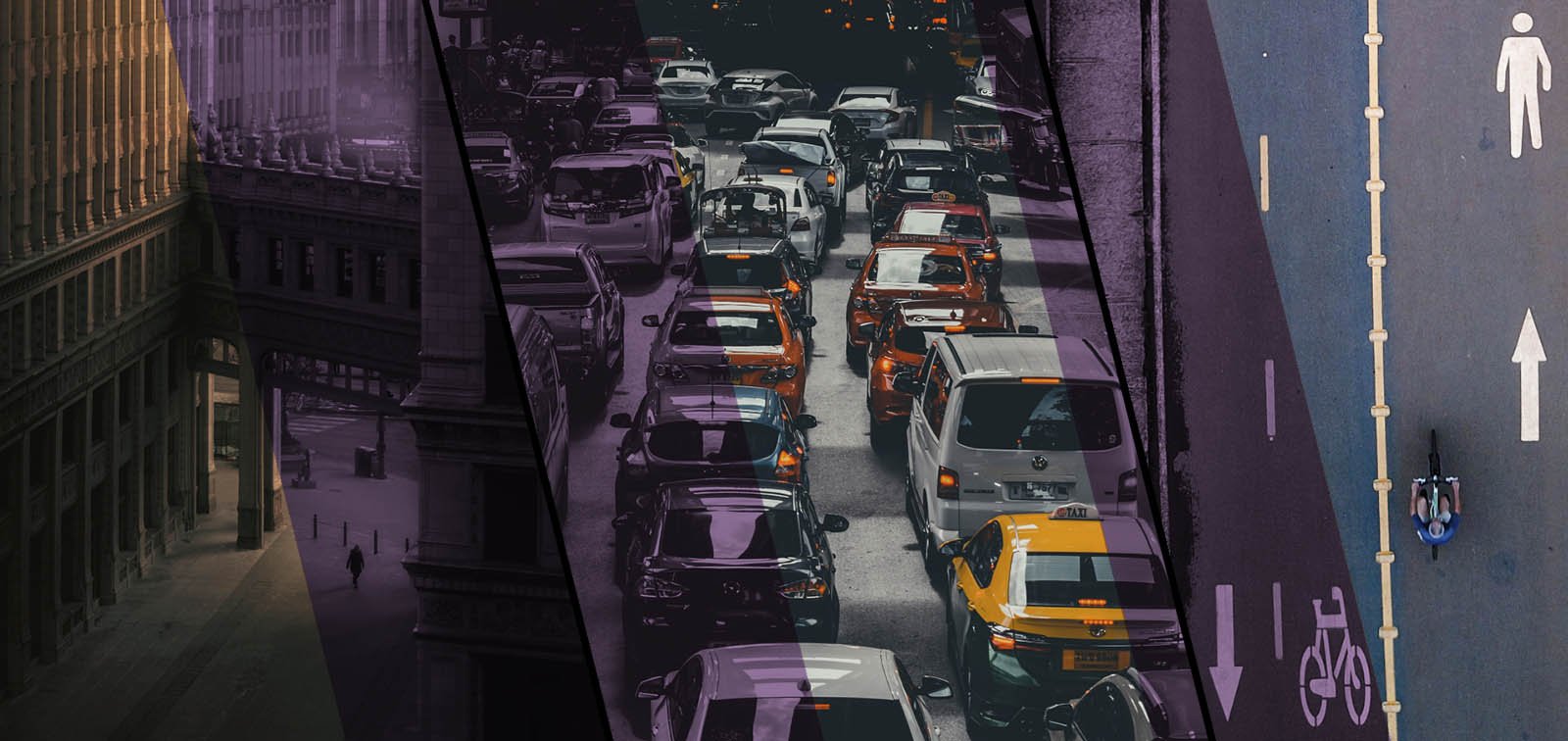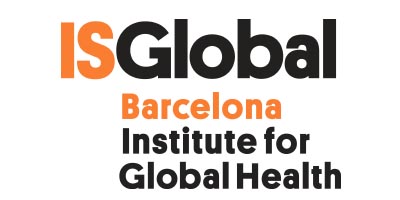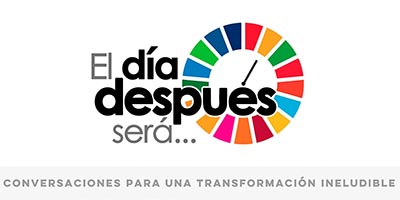COVID-19: The Year After [Webinar]
COVID-19, Global Environmental Change, and Opportunities to Progress Towards the SDGs
04.05.2020
- Date
- 04/05/2020
- Hour
- 15.00 h CEST
- Place
-
Live Webcast
Online - Speakers
- M. Kogevinas, M. Nieuwenhuijsen and E. Sicuri (ISGlobal); J. Kaufman (University of Washington); R. Barouki (INSERM)
The implications of the unprecedented societal and economic disruption from the COVID-19 pandemic are not easy to foresee. This session explores priorities in the near-term for protecting health in the face of societal changes due directly to the pandemic and indirectly through our response to it.
Programme
- Introduction (Manolis Kogevinas, ISGlobal)
- Air pollution and other environmental exposures. Will we be able to maintain the pollution improvements during the pandemic or will economic impacts be used as an excuse for deregulation and reduced enforcement of health-based environmental goals? What can we do about it? (Joel Kaufman, University of Washington, Seattle)
- Moving towards more resilient, health promoting urban environments (Mark Nieuwenhuijsen, ISGlobal)
- One size does not fit all – priorities for LMICs (Elisa Sicuri, ISGlobal)
- Moderated discussion (15 min). Moderator: Robert Barouki (INSERM)
This is the second session of a series of online webinars featuring presentations from area experts and moderated discussion to foster knowledge exchange across a broad audience. It is offered by ISGlobal and the Day After (el Día Después in Spanish) platform, and is oriented to a general scientific audience. It will be in English.
The webinar session will take place via Zoom.
Please register through the button below.
Do you want to ask the speakers a question?
Leave it in the button below!
COVID-19, Global Environmental Change, and Opportunities to Progress Towards the SDGs
The emergence of a new global pandemic had been predicted. It was a question of when rather than if or how it would occur given increased understanding of how habitat disruption and the live animal trade increase risk of zoonotic pathogens from wild animals. These human activities, compounded by the increase in international air travel and weakened public health systems, created ideal conditions for the emergence and rapid transmission of a new virus. Previous warnings went largely unheeded. As the pandemic unfolds, most societies find themselves unprepared and paying extraordinary costs in terms of lives, overwhelmed health systems, and contracting economies.
In response, we are seeing unprecedented levels of cooperation, with individuals radically changing their behavior, often despite high personal cost, to address a collective threat. This critical inflection point provides new hope: urgent, coordinated action to protect human and planetary health is achievable. The vast human suffering from the COVID-19 pandemic and its economic consequences must not be in vain, but rather deliver a more resilient, sustainable and equitable future.
ISGlobal and the Day After (el Día Después in Spanish) platform present a series of online webinars featuring presentations from area experts and moderated discussion to foster knowledge exchange across a broad audience.
The objectives of the series are to:
- highlight interlinkages between global environmental change and the emergence of the COVID-19 pandemic;
- identify near-term priorities for protecting public health in the face of the COVID-19 pandemic and its consequences; and
- identify how the COVID-19 pandemic presents new opportunities and challenges for meeting the SDGs and the most effective communication strategies to accelerate progress towards sustainable development.
The main outputs from the webinar series include:
- a report identifying key scientific knowledge gaps important for supporting decision making; and
- information briefs to feed into the Day After’s actions focused on knowledge translation and amplification to maximize impact in society.
Organised by:
More Information
- Web eldiadespues.org
- ‘El Día Después será…’: nueva plataforma de diálogo para aprender de la crisis de la Covid-19
Other Sessions
- COVID-19: The Day Before (28/04/2020)
- COVID-19: The Decade After (11/05/2020)
- La resurrección de los bienes comunes (16/04/2020)
- Repensar la cooperación y la gobernanza global frente al COVID19 (07/05/2020)
- Un nuevo contrato con nuestros mayores (14/05/2020)






